Online learning helps people of all ages further their education and knowledge. Whether it’s an SAT prep course for high school students or continuing education for adults, there are many ways that online learning can help people learn new skills.
Online learning is obviously different from learning in a classroom setting, but can it actually help students acquire knowledge? Here’s a look at the five key benefits of online learning.
5 key benefits of online learning
- Flexible scheduling
- Exploration and accessibility
- Communication
- Self-paced study
- Technical skills
1. Flexible scheduling
One of the greatest benefits of learning online is increased flexibility. Taking a digital course allows you to complete coursework at your own pace without having to change your work schedule or stop working. Anyone who wants to learn or obtain certification can do so outside of work hours, including evenings and weekends.
Digital classrooms can also be accessed from anywhere.
Another benefit of flexible scheduling is that it allows people to work when they feel most productive. Not everyone feels alert in an early morning lecture, and that morning grogginess could have a long-term impact on a person’s ability to recall information.
With a flexible schedule, you can take classes and quizzes when you feel energized and ready to learn. Online learning also helps students determine when they feel most productive and when they need to take a break.
Understanding your learning style and optimizing your schedule in response is an important skill that’s helpful both for your current coursework and your long-term career.
Pro Tip
Ready to try online learning with your students? Get started with Jotform’s free online education forms!
2. Exploration and accessibility
Online learning is significantly less expensive than traditional coursework at a university. This means that more people can access it, which can in turn reduce the effect of income inequality and foster career growth and social mobility in populations that might otherwise struggle.
Additionally, online learning allows people to test different classes and subjects without making a huge investment up front. If someone isn’t entirely sure they want to study engineering, for example, they can take an introductory course and see how the material resonates with them. Online learning also offers a chance to pursue passions and knowledge about new subjects.
This aspect of online learning highlights how the model of traditional education, especially from colleges and universities, is changing.
3. Communication
Online learning also expands the boundaries of traditional communication. For one, it enables students to communicate with teachers in a more casual and direct way than would be possible in a large lecture hall.
Online discussion forums, for example, allow students and teachers to communicate long after a class has ended. This feature enables students to continue thinking critically about what they’ve learned and asking meaningful questions well after a lecture is over.
Such forums are also a chance for students to connect with and learn from their peers. Since online learning expands access to education, participants benefit from a variety of voices and perspectives that can make the learning process more meaningful.
4. Self-paced study
Online learning also allows students to learn at their own pace. Aside from the flexibility of when and how to learn, students can engage in self-paced study. They can stop and review areas where they had challenges, as well as review homework, worksheets, and quizzes multiple times until a new concept sticks.
Similarly, students can work through material they’ve already learned more quickly in order to maximize their time and put effort into the subjects that need more attention. This personalized approach makes learning more efficient than in a standard classroom model.
Pro Tip
Enhance your online learning experience with Jotform’s Presentation Agents. Create interactive, voice-narrated slides to guide students through lessons, quizzes, and assignments at their own pace.
5. Technical skills
Students who engage in online learning not only gain knowledge in the area they’re studying, but they also gain knowledge about using technology. Whether it’s learning how to create a PowerPoint presentation or use online collaboration tools, obtaining technical skills is a core side benefit of online learning.
According to online learning provider Walden University, students “become confident and highly productive using interactive online tools such as online tests, drop boxes for homework, collaboration tools, email communications to faculty and fellow classmates, and video presentations by faculty.”
Understanding the benefits of online learning
Online learning is still a fairly new concept, and many people aren’t sure whether or not it will work for them. The good news is that online learning offers many benefits, including flexible scheduling, increased accessibility, improved communication, self-paced study, and the opportunity to develop technical skills.








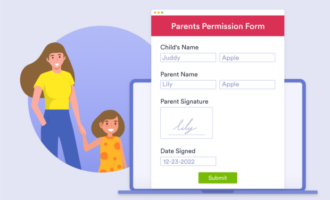





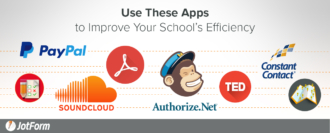










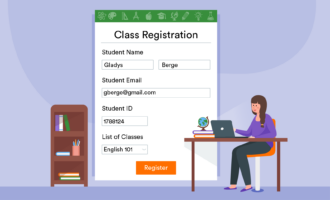
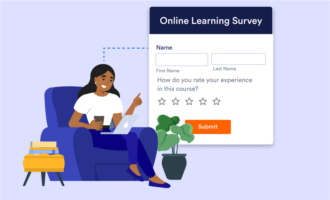
























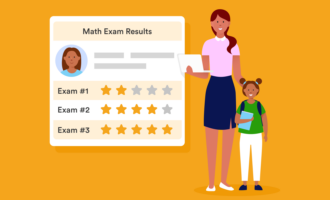















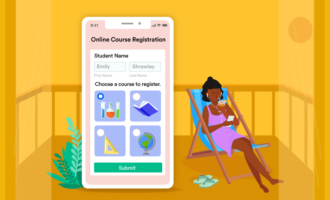

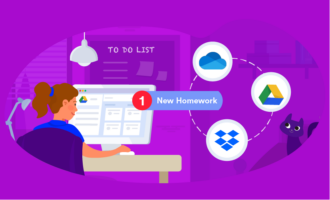





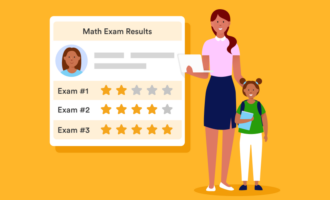














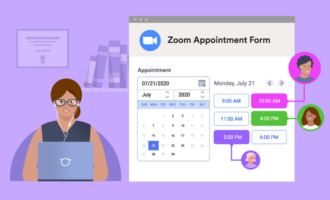














Send Comment:
1 Comments:
More than a year ago
I totally agree with this!
My children are currently enrolled in the Online learning program of an International School in the Philippines () and my children are still adjusting in the new normal of education. Hope they can adapt well until such time that pandemic is over. Thank you for sharing this and hope you can share more articles soon. More power to your blog!